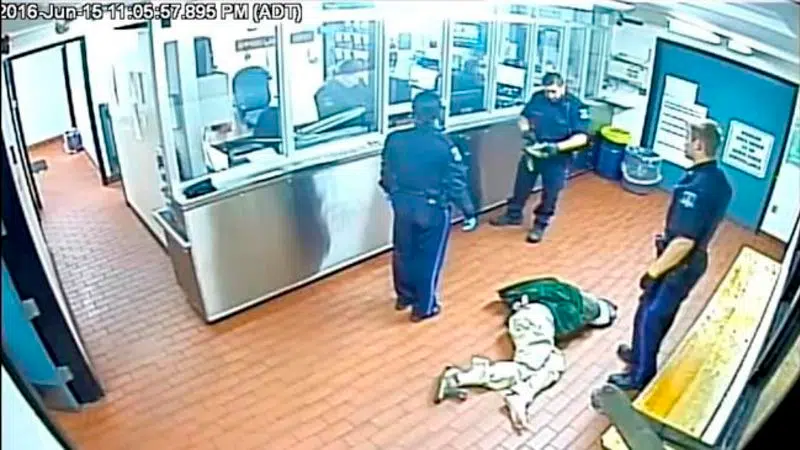
Two N.S. constables guilty of criminal negligence in death of intoxicated inmate
HALIFAX — Two special constables with the Halifax police force have been found guilty of criminal negligence causing the death of an impaired inmate who suffocated in his jail cell after being left with a spit hood over his face.
Daniel Fraser and Cheryl Gardner were charged with the offence in 2017 by the Serious Incident Response Team — the province’s police watchdog agency — in the June 16, 2016 death of Corey Rogers.
The victim’s mother, Jeannette Rogers, let out an audible gasp in Nova Scotia Supreme Court when the verdict was read, as family and friends of the accused quietly sobbed in a back row.
The verdict came following a tense period of waiting while the jury deliberated for almost 16 hours spanning three days.
